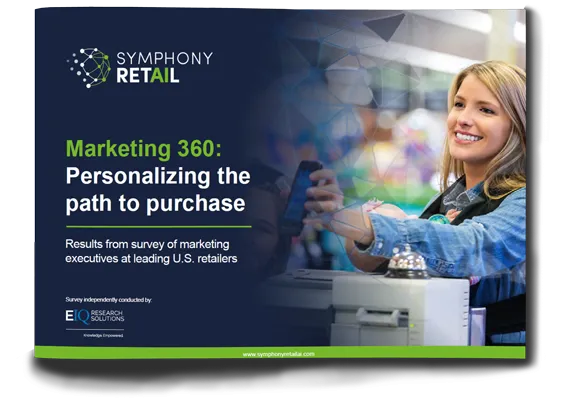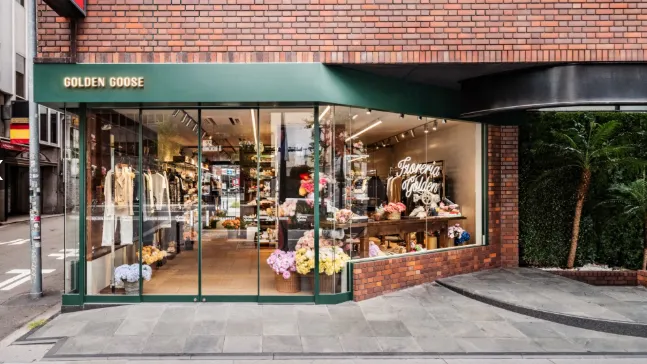
80% of retailers consider personalised, real-time marketing automation a driver of profitability
Artificial intelligence-enabled solutions provider Symphony RetailAI recently announced the findings of its Marketing 360: Personalising the Path to Purchase survey. The report explores the current state of personalised marketing in fast-moving consumer goods in the US and the value of AI-enabled real-time marketing automation for driving profitability and customer retention.
The survey findings highlight the challenges retailers face when aggregating and leveraging the omni-channel consumer data required to create a real-time targeted marketing strategy, as well as the capabilities retailers are prioritising to make it possible.
Personalised marketing requires a 360-degree customer view
The survey found that more than one-third of US retailers consider the establishment of a usable set of data-backed customer insights a personalised marketing challenge. Meanwhile, more than two-thirds are open to changing their personalized marketing and campaign management solution provider for faster, easier aggregation of customer data for targeting and analysis. Retailers are rightly focusing on developing a single, comprehensive view of each customer’s behaviour in order to cater to them with unique offers and promotions.
However, with the explosion of available omni-channel data, retailers struggle to collect the most valuable data from disparate business systems in a central repository. In addition, actionable analysis often requires extensive resources. In fact, the survey found that, given the importance and complexity of this process, reducing the effort needed to manage marketing campaigns would be a reason for 44% of retailers to switch solution providers.
Reaching customers in real time
To address this challenge, 60% of retailers named marketing automation as one of three essential personalised marketing initiatives, according to the survey. Marketing automation is emerging as a requirement for marketers, with 48% claiming that providing precise messages to consumers at exactly the right time based on their channel preferences is an approach that marketers will use over the next 12-24 months.
In practice, the complexity and time requirement to manually sort through omni-channel data has led nearly half of the retailers surveyed to pursue turnkey solutions that push only the most relevant offers available through the optimal channel. Retailers usually know who their best customers are, but traditional systems and processes do not provide the 360-degree view of behaviour across all channels required to anticipate future customer needs or reach them in real time where they are.
In fact, while 74% of retailers have become broadly adept at personalised digital marketing strategies such as social media or retargeting, only 18% claim an advanced ability to personalise mobile content. With mobile commerce on the rise and effective communications creating major impact on in-store sales conversions, leveraging this channel is essential to business goals.
Optimising value of customer data
“To meet business goals and address the demands of data-driven personalised marketing, we’re seeing that marketers are turning their attention to the value of AI-enabled personalised marketing solutions,” said Mike Bristol, vice-president Personalised Marketing, Symphony RetailAI. “These systems can aggregate personal data from across the omni-channel spectrum and create predictive behaviour models that lend tremendous advantage to retailers in executing strategic campaigns. It all becomes smarter, faster and much cheaper to do.”



















 Advertise
Advertise






